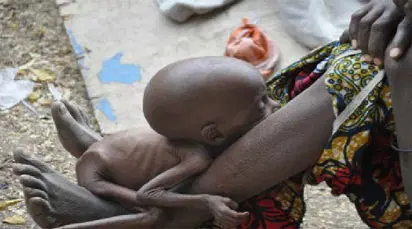Nigeria, often referred to as the “Giant of Africa,” is grappling with complex challenges despite its immense resources and large population. With approximately 250 million people, the country’s growth is hampered by rising hunger, persistent insecurity, and economic hardship. Current inflation and elevated costs for essentials, such as fuel, have led to significant distress for everyday Nigerians, with many struggling to meet basic needs. Prohibitive living costs have forced some into makeshift homes and precarious work, highlighting the urgent need for economic reform.
Public frustration with leadership is mounting, spurred by recent statements from government figures perceived as disconnected from citizens’ hardships. Senate President Godswill Akpabio’s advice to reduce car usage and find “free food” opportunities has been met with backlash, symbolizing the perceived insensitivity of leaders. Similarly, former Minister Chibuike Amaechi’s call for public protests over high living costs underscores the disconnect between governance and the people.
This situation underscores the urgent need for reforms prioritizing citizen welfare, addressing food insecurity, and mitigating inflation’s impact on everyday life. Effective governance and a responsive approach are critical in ensuring that Nigeria’s vast resources translate into improved living standards for its people.

